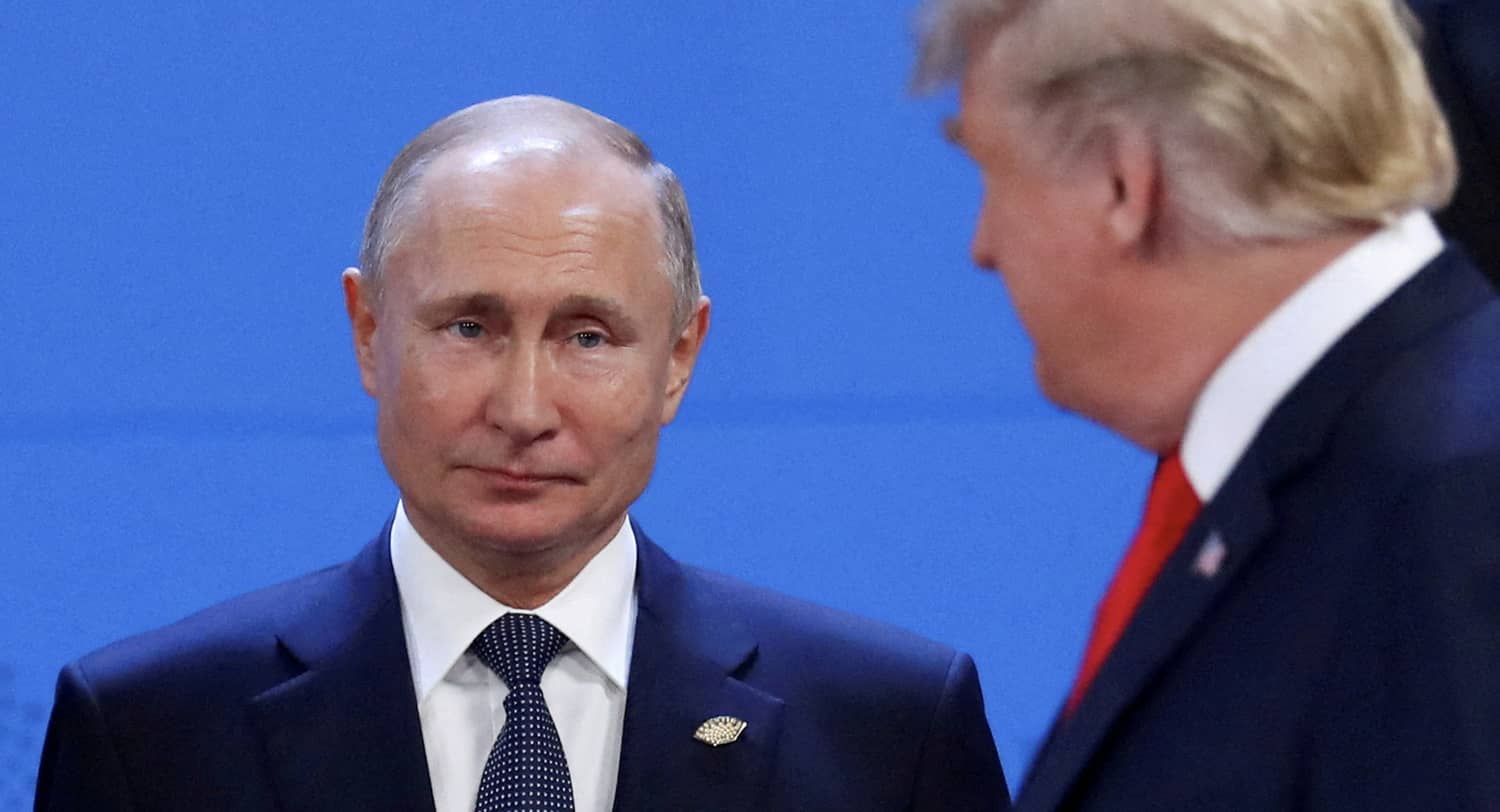The German military historian Carl von Clausewitz, writing about the Napoleonic Wars, once commented on military aggressions more generally: “The conqueror is always peace-loving; he would much prefer to march into our state calmly.”
After the start of the Russo-Ukrainian War in 2014, when Russia annexed Crimea and covertly invaded the Donets Basin (Donbas) of eastern Ukraine, Clausewitz’s basic idea was ignored by European states. Until 2022, much of European diplomacy assumed that the Kremlin’s public insistence on the peacefulness of its intentions towards Kyiv implies that one can and should negotiate and moderate Russian aims and behaviour in Ukraine. But Putin merely preferred a non-violent take-over to an uncertain military campaign against Kyiv.
The last three and a half years of Russia’s full-scale military invasion of Ukraine have changed European understanding of Moscow. Most European politicians, diplomats and experts now have few illusions about Putin’s putative love for peace.
In the second Trump administration, however, several months of American shuttle diplomacy and mediation attempts have achieved little. There are no tangible outcomes of the intense trilateral negotiations between Washington, Moscow and Kyiv, or of the direct interactions between the US and Russian presidents. Putin made clear that there will not be a ceasefire anytime soon. Trump announced that there should be direct negotiations between Russia and Ukraine, though the two countries have already been negotiating on and off with each other, in different formats, for more than eleven years.
In a public comment after a May 2025 telephone talk with Trump, Putin trolled Ukraine, the US and the entire West in two ways. First, Putin said the upcoming negotiations aimed to achieve a “memorandum.” Of course there exists such a document signed by Moscow and Kyiv (as well as Washington and London), the infamous Budapest Memorandum undertaken in connection with the Ukraine’s accession to the Treaty on the Non-Proliferation of Nuclear Weapons in December 1994.
In the Budapest Memorandum, Moscow guaranteed, in exchange for Kyiv’s agreement to hand over all of its nuclear warheads to Russia, that it will not attack Ukraine. Washington and London also assured Kyiv that they respect the Ukrainian borders and sovereignty. After Moscow has been demonstratively trampling the letter and spirit of the Budapest Memorandum for eleven years, the Kremlin is now offering to sign another memorandum.
Second, Putin added that, even “if appropriate agreements are reached,” a “possible ceasefire” would only be “for a certain period of time.” In other words: If the negotiations are successful, the armistice will be only temporary.
The Russian economy and population are now militarized to such a degree that they cannot be easily reoriented. Moscow is no longer able to abruptly discontinue warfighting permanently. What would happen to Russia’s hundreds of thousands of enlisted soldiers, large-scale weapons production, and intense anti-Ukrainian campaigns in many spheres of Russian social life (education, media, culture), if suddenly there is a permanent peace?
These and similar signals from Moscow allow only one conclusion: To end the Russo-Ukrainian War, Russia needs to experience a humiliating defeat on the battlefield.
The lesson of history is that Russian military failures have triggered domestic liberalization, such as Tsar Alexander the Second’s Great Reforms after the Crimean War of 1854-1856, or the introduction of semi-constitutionalism under Tsar Nicholas the Second following the Russo-Japanese War of 1904-1905. One of the determinants of Gorbachev’s Glasnost and Perestroika was the disastrous failure of the Soviet invasion of Afghanistan in 1979-1989.
Russian imperialism will not be neutralized by negotiations, compromises, or concessions. Instead, such approaches only promote further foreign adventurism in Moscow and military escalation along Russia’s borders. The Kremlin will one day end Russia’s expansionist wars. For that to happen, the Russian people first need to start believing that such behaviour cannot lead to victory, may trigger internal collapse, and will be resolutely punished.

